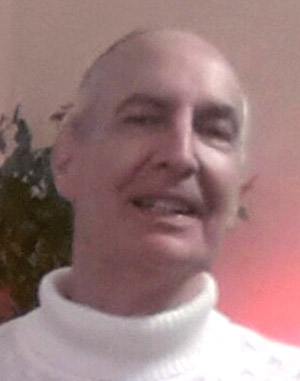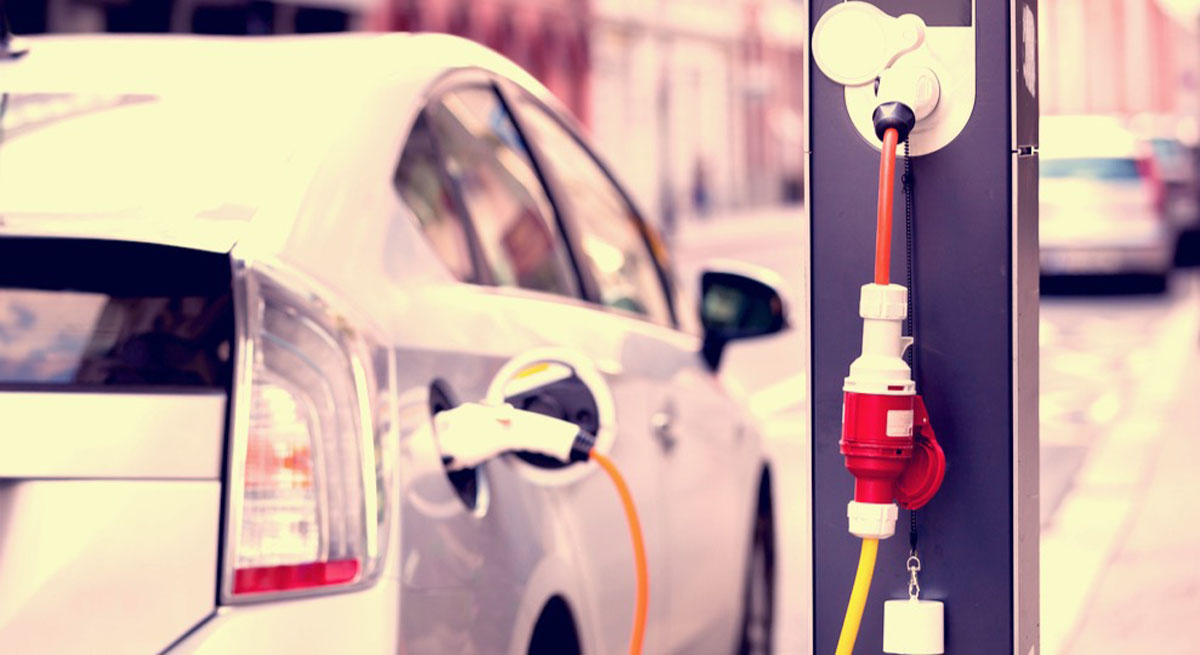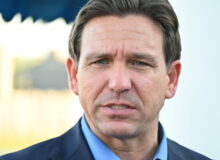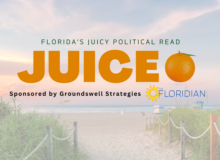By Jeff Davidson
A word meme on the internet got me to thinking about how wedded we are, often unnecessarily, to what’s new and what’s highly touted. The meme said, “Imagine we lived in a world where all the cars were EVs.” Then, a new invention came along, called the “internal combustion engine,” a gasoline-powered car.
Extra, Extra, Read All about It
This new type of vehicle, astonishingly, weighs only half as much as an electric car and results in less damage to the environment. It doesn’t require the ecologically destructive employment of nonrenewable rare Earth elements, and it uses far less steel and other heavy materials.
Amazingly, this internal combustion vehicle can be refueled in less than 10% of the time required to refuel an electric vehicle and has a range nearly four times greater. This new vehicle runs well in all types of weather!
Would the benefits and features discussed above prompt consumers to want to own such vehicles? You bet; these cars would sell enormously well due to vastly superior attributes and capabilities that they have over electric vehicles.
Pushed Along, Like It or Not
The meme made wonder, how often do we embrace “the latest,” when what came before was not only adequate, but in some respects superior to it?
Every other time I use my cellphone, I’m besieged with messages that say there’s been an update to this app or an improved security patch for this program. Apparently good enough is never good enough. Alas, we each are incessantly pushed by the purveyors of the “new.” What an unfortunate situation.
Regarding cellphone apps, if designed correctly at the outset, plenty of them do not need security updates or added features and will perform adequately for an exceedingly long stretch. So, my vote is to keep them as is. Yet, like everyone else I am shuffled along by the technologists whether or not I want to be.
The Waste Makers
Seven decades ago, author Vance Packard pointed out in his books “The Hidden Persuaders” and “The Waste Makers” that manufacturers of durable goods know when a particular product is going to fail. It is the predicted life of the weakest material used in the product’s manufacture. Whether you’re assessing a toaster or an electric golf cart, the product will outlive its usefulness as the most fallible material employed in its construction will fail.
If the manufacturer knows what the weakest link is, why not shore up the product’s weak link and advertise this enhanced capability? Then, address the next weakest element and so forth. In the end, you’d have a highly durable product without planned obsolescence that manufacturers exploit to continually push the new upon us.
Instead, we have graveyards of old computers and junk vehicles populating the edge of our cities.
In present day, with reckless abandon the Biden administration has been seeking to push electric vehicles on the populace. With demand falling off as a bevy of the shortcomings are being exposed, the administration has scaled back its efforts to prop up the industry which, of course, should succeed or fail on its own merits.
Not Entirely Free to Choose
The late Milton Friedman, PhD, a professor from the University of Chicago, who wrote the landmark book “Free to Choose” must be turning over in his grave. Our government has got its mitts into nearly every industry, too often seeking to pick winners and losers, whether or not their efforts are contrary to market demands. And that is the perfect recipe for the gross miss allocation of funds and excess spending, which contributes to incessant congressional wrangling, lawsuits, and even inflation.
In truth the government has never been good at picking winners and losers. Consider Obama and Solyndra, or Jimmy Carter and biomass, and the other pet projects of other presidents. Essentially, they reward their advocates or friends, and penalize their enemies, which is no way to run an economy or country.
The great managerial sage of the last century, Dr. Peter Drucker once said, “For new technology to replace old, it has to have at least ten times the benefit.” If only we could adhere to the basic tenets of capitalism. Instead, we have an unelected bureaucracy and an installed administration that believes they know what is best for you, your family, and your community, on every issue all the way down the line.
++++

Jeff Davidson is “The Work-Life Balance Expert®” and the premier thought leader on work-life balance, effectiveness, integration, shift, blend, and harmony. Jeff speaks to organizations that seek to enhance their overall productivity by improving the effectiveness of their people. He is the author of Breathing Space, Perfect Timing, Simpler Living, Dial it Down, and Everyday Project Management. Visit BreathingSpace.com or call 919-932-1996 for more information on Jeff’s keynote speeches and seminars.






